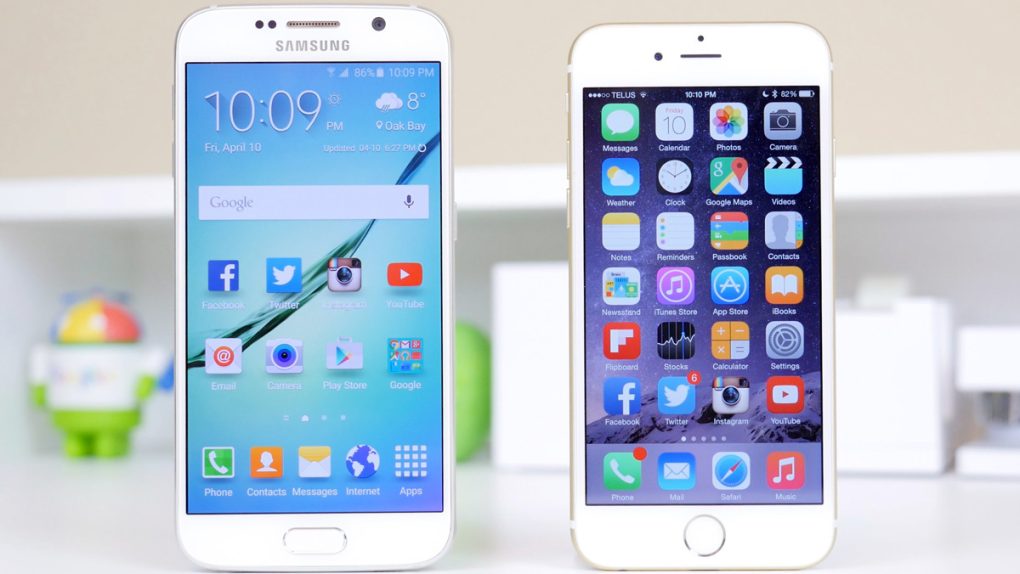It’s time to put this year’s Mobile World Congress behind us, and what a show it has been. We had some major announcements on the day preceding the actual show from the most important players in the business, and we’ve seen some amazing products from a wide variety of companies. Not to be overlooked after all the smartphone announcements, there were also three important announcements that you may not have noticed but that will nevertheless play a big role in the future of mobile technology.
DON’T MISS: Your dream of a 256GB iPhone 7 might come true
GSMA greenlights the eSIM
Swapping SIM cards is essential when covering a conference like MWC. You can’t be too dependent on Wi-Fi connectivity, and 4G LTE is a great secondary network to fall back to, though 4G doesn’t always works as planned. To lower costs, you need a local SIM card when you travel, and you’ll need to keep changing SIMs if you don’t have a dual SIM device or don’t carry multiple smartphones.
In an announcement preceding MWC, the GSMA has finally announced support for embedded SIM card technology that will let the user select what service provider to pair with his or her device. That means you would not have to physically mess with your device, and you could easily swap SIMs as you’d simply have to interact with some sort of a settings panel.
The news is major, but don’t get too excited just yet. The first device to sport an embedded SIM will be a smartwatch from Samsung that you’re probably not going to buy. It’s not clear when smartphones and tablets will also get it. Yet the move is meant so that both hardware makers and telecom operators have time to adjust their devices, software and infrastructure to adopt eSIMs on a wider scale.
Before you ask, Apple does have something similar in place, but it’s not quite the same. The iPhone maker is not included in the long list of partners ready to support GSMA’s new SIM standard, but Apple is also working on eSIM together with the GSMA.
Google pushes smarter messages
I don’t know about you, but if there’s one thing that I hate on a mobile device, it’s having to go through SMS conversations. Apps like iMessage, Facebook and WhatsApp immediately come to mind when it comes to chatting, and there are many, many others that do the same thing very well. You have instant feedback about your sent message, you can engage in audio and video chats, and you can send files of any kind, without worrying whether the other person can view an MMS file. Don’t even get me started on MMS; I have no idea if I’ve ever opened one lately.
Google is at the forefront of this particular problem, as the company has convinced various carriers to adopt a new messaging standard that might replace SMS in the future. Google is already rumored to reinvent the default Android messaging system. While it didn’t announce anything new at MWC, the company did say that it entered a partnership with several carriers (America Movil, Deutsche Telekom, Etisalat, KPN, Orange, Sprint, TeliaSonera, Telstra, TIM, VimpelCom, Vodafone, to name just a few) to develop RCS messages.
RCS stands for Rich Communications Services or the SMS/MMS of the future. RCS will support group-chat, high-res photo sharing, read receipts and other features. If that sounds familiar, that’s because T-Mobile USA already deployed such a messaging system.
The Need for Speed
It’s great having a 4G LTE network to fall back to when Wi-Fi isn’t in reach, or it’s dropping on you all of a sudden during the liveblog of a certain modular high-end phone. But what if we could have 5G instead. That’d be even cooler.
Well, if there’s one thing I kept hearing at MWC, it was the need for 5G speed. Various companies have already demoed their 5G plans, and while we’re nowhere near to see 5G networks fully deployed, the early 5G hype is definitely exciting.
Intel wants to be at the forefront of 5G deployment, having announced a partnership with various carriers and hardware makers, including AT&T, Verizon, Huawei, ZTE.
Separately, Nokia also announced plans to increase investment in 5G deployment by including Alcatel-Lucent’s and Nakina technology into its future 5G plans.
Qualcomm and Ericsson clinched a 5G testing partnership at MWC. The two companies worked on 3G and 4G before, so it’s probably only logical to see them join forces for the next-generation of speed for mobile devices.
Deutsche Telekom also presented its commitment to deploying 5G in the future, and so did SK Telecom.
In other words, 5G R&D seems to be taking off well ahead of its expected deployment.








